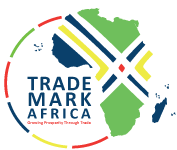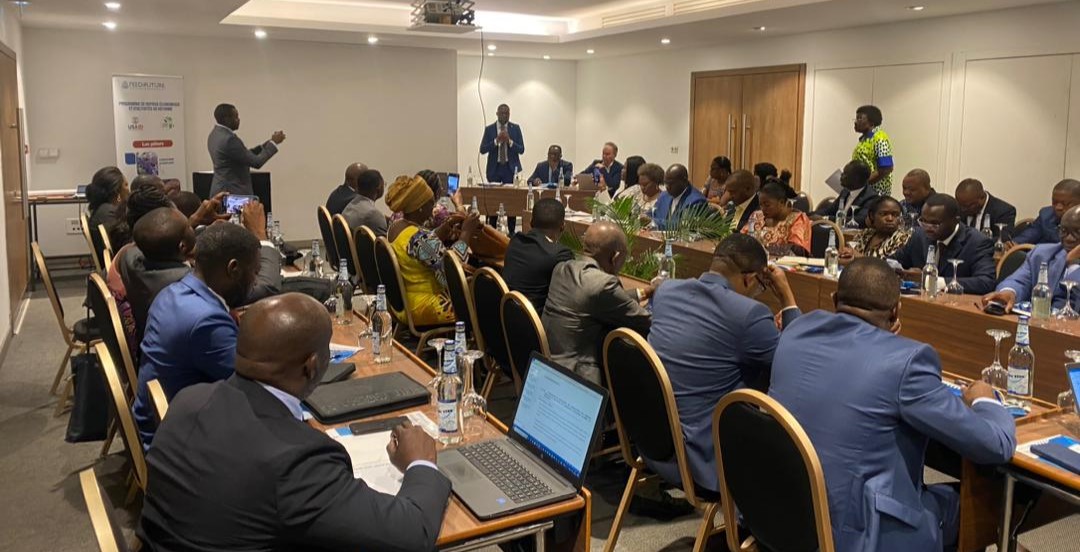The latest ‘buy-in’ to ERRA comes from the USAID DRC mission. The Democratic Republic of Congo (DRC), one of Africa’s largest nations, boasts abundant natural resources in minerals, oil, gas, and cash crops such as coffee and cocoa, driving export-led growth. Despite being a member of various regional economic communities, including its recent accession to the East African Community (EAC) and ratification of the African Continental Free Trade Area (AfCFTA), opening it up to trade opportunities in the region, the DRC faces substantial challenges.
These challenges range from poor infrastructure and connectivity issues, insecurity and war, an unfavorable business environment characterized by multiple taxes, corruption, and bureaucratic hurdles to environmental degradation. Consequently, trade costs for imports and exports are high, with formidable border hurdles that can add up to US$ 7,000 per truck entering the DRC. These constraints undermine the country’s competitiveness for value addition in exports and increase reliance on imports, particularly agricultural commodities.
To address some of these challenges, the USAID-ERRA DRC program will align with USAID-ERRA’s overarching objectives to i) create jobs in export-oriented value chains, ii) facilitate trade, and iii) improve the trade environment while improving the resilience of women, youth, and persons with disabilities (PWDs) through trade. More specifically, USAID-ERRA will collaborate at the National level with government and private sector apex bodies, focusing on specific value chains and corridors in three regions:
- Eastern DRC – focusing on coffee and Cocoa value chain exports;
- Katanga (Haut-Katanga) region – focusing on import substitution in maize, soya beans, and poultry value chains; and
- Congo Central region –fostering economic resilience across multiple value chains, including cassava, fish, poultry, coffee, and cocoa.
To tailor the program to the unique challenges and opportunities in each region and at the national level, USAID-ERRA engaged with diverse stakeholders, including local, regional, and national stakeholders from the government, private sector, and civil societies, during missions to Goma, Kinshasa, Bukavu, Kongo Central, and Haut-Katanga.
This demand-driven engagement with stakeholders has generated significant interest in USAID-ERRA and is instrumental in fostering local ownership. In light of these trips, USAID-ERRA will mobilize a suite of projects aligning with its three objectives.

